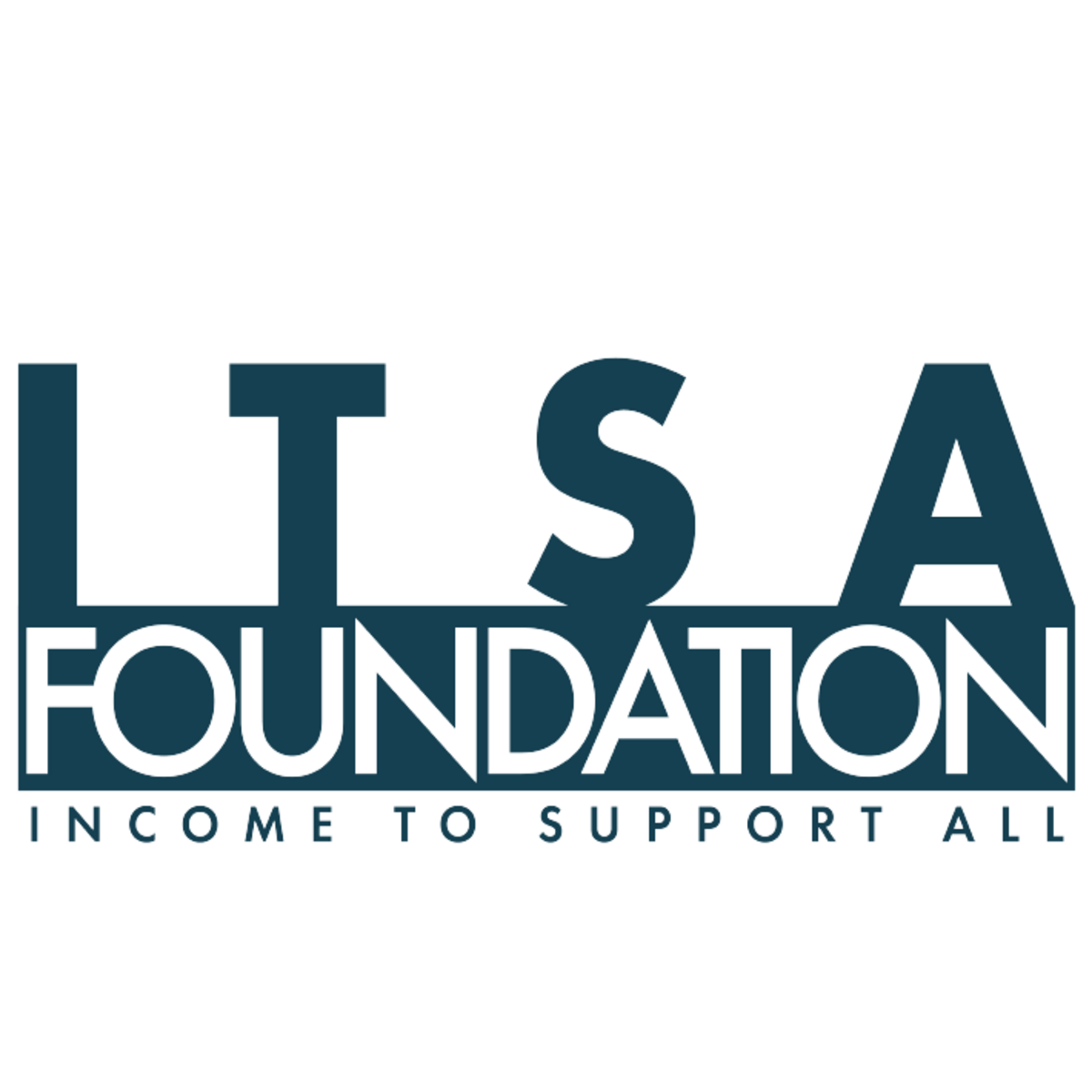Here’s the latest Basic Income News:
‣ Obama again expresses his support for basic income
‣ UBI pilot project in Bangladesh releases preliminary findings
‣ Newfoundland and Labrador in Canada launch basic income for ages 60-64
‣ New qualitative report demonstrates how well the Ontario pilot was working
‣ Elon Musk again mentions the need for UBI and how it will be high not basic
‣ YouTuber Leeja Miller releases new video explaining UBI
ITSA News Update:
Thank you again to everyone who supported the Comingle crowdfunder which blew past its goal, reaching 105% of the $75,000 it was aiming for. As a direct result of that success, another funder stepped up to donate an additional $25,000 to ITSA Foundation to further support the project.
Comingle development is now in the process of ramping back up and those interested in the project are still welcome to add their support in order to grow the number of supporters. The more founding members, the better.
The Spaces that began during the Comingle crowdfunding campaign have continued on and become ITSA Live! where every Wednesday at 12pm ET, we discuss basic income from different angles.
The latest conversation was with Kevin Scott of the Just Income pilot in Gainesville which provided a basic income to those recently incarcerated. It was a great discussion about just how hard it is to stay free once released, and how huge a deal a basic income was for participants, cutting recidivism in half.
Subscribe to the Comingle YouTube channel to make sure you don’t miss that discussion and all previous and future discussions.
Obama again expresses his support for basic income
During his speech at this year’s Obama Foundation Democracy Forum, he said the following:
“With automation replacing so many blue collar jobs and pretty soon white collar jobs, we may need to consider bigger changes and we should start talking about that now. Things like a shorter work week or a universal basic income or guaranteed income. Ideas that can spread work around and supplement the incomes of people as they shift to the much needed work that I mentioned earlier that can't be automated that a program alone can't do. Things like child care and education and health care and elder care. Some of these ideas are being tested as we speak right here in Chicago there's a pilot program called Chicago Promise that's been giving thousands of low to moderate income families $500 in cash every month to help them meet basic needs and it's modeled after a similar program in Stockton, California and and it's showing early promise because the thesis is you improve financial stability, you improve well-being of low-income families. They actually can fix a busted car, they don't have electricity turned off, their lives are more stable. It doesn't discourage them from working full-time. It in fact makes it easier for them to go out and find a job and work full-time. More broadly, one of the the bright spots coming out of the pandemic has been evidence that the generous benefits people received during the lockdowns, which is unusual for the United States, maybe one of the reasons why the US economy has actually seen an unprecedented increase in new business formation over the past couple years is because people had a little bit of a cushion to go out and take a risk and try that new idea, and that's the thing about giving people a safety net and helping them achieve their basic needs. Not only does it relieve hardship, not only does it strengthen our democracy, it can also empower people to be more productive and raise their ambitions and set an example for their children. And that benefits all of us. And that benefits the economy. And that benefits business.
UBI pilot project in Bangladesh releases preliminary findings [summary]
Pilot focused on the impact of universal unconditional cash on child labor
1,573 households received the cash
After six months, fewer teens were working. More teens were staying in school.
For kids who continued working, the work appeared to become less harmful.
Employment did not decrease overall.
Households cited the impact the cash had on resilience in the face of shock
Newfoundland and Labrador in Canada launch basic income for ages 60-64
The Newfoundland and Labrador government in Canada is launching a basic income program targeting residents aged 60 to 64. This initiative is a part of a broader poverty reduction plan. The program is designed as a three-year phased plan, which is intended to streamline the province’s income-support systems from 30 programs down to 6.
They also intend to boost their child benefit by 300% and provide an additional $150 a month to parents with kids under age 5.
New qualitative report demonstrates how well the Ontario pilot was working [link to report]
From the executive summary: “In terms of work and education, the pilot debunked the notion that basic income disincentivizes work. Contrarily, it served as an ‘income floor’, providing a safety net that allowed recipients to remain in employment, take entrepreneurial risks, and consider career changes. It also encouraged participants to pursue higher education and vocational training, facilitated by the financial stability provided by basic income. This suggests a potential for an increase in educational attainment, a more skilled workforce, and economic dynamism.”
One participant described her basic income as “a single key that unlocked dozens upon dozens of doors.”
Elon Musk again mentions the need for UBI and how it will be high not basic
At the AI safety summit in Britain, Elon Musk sat down with Rishi Sunak.
Elon at one point said, “We won’t be on universal basic income, we will be on universal high income,” stressing that the amount of UBI won’t be small.
He also said, “There will come a point when no job is needed. You can do a job if you want a job, but the AI will do everything. I don’t know if that makes people comfortable or uncomfortable.”
YouTuber Leeja Miller releases new video explaining UBI
Leeja Miller has over 350,000 subscribers on YouTube.
9 days since release, her UBI video has over 164,000 views and 10,000 likes.
Thank you for being a subscriber to the ITSA Newsletter!
Scott Santens
Founder & President, ITSA Foundation

